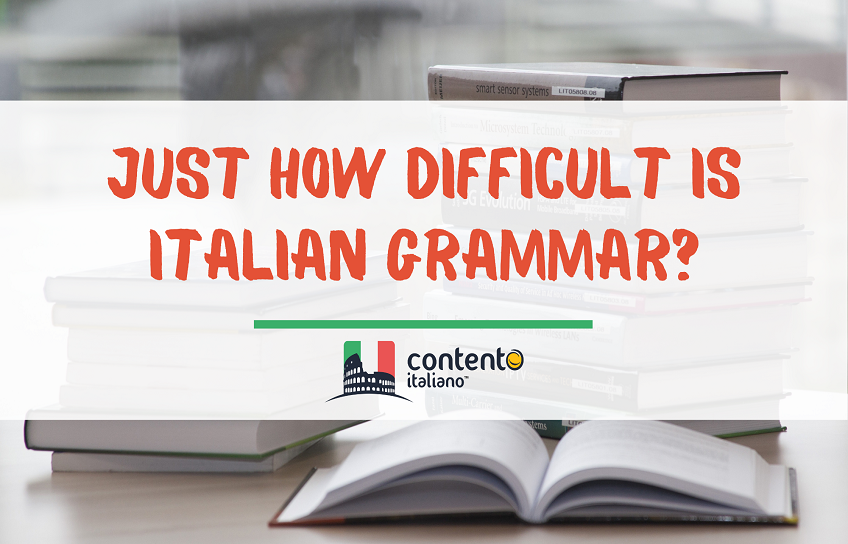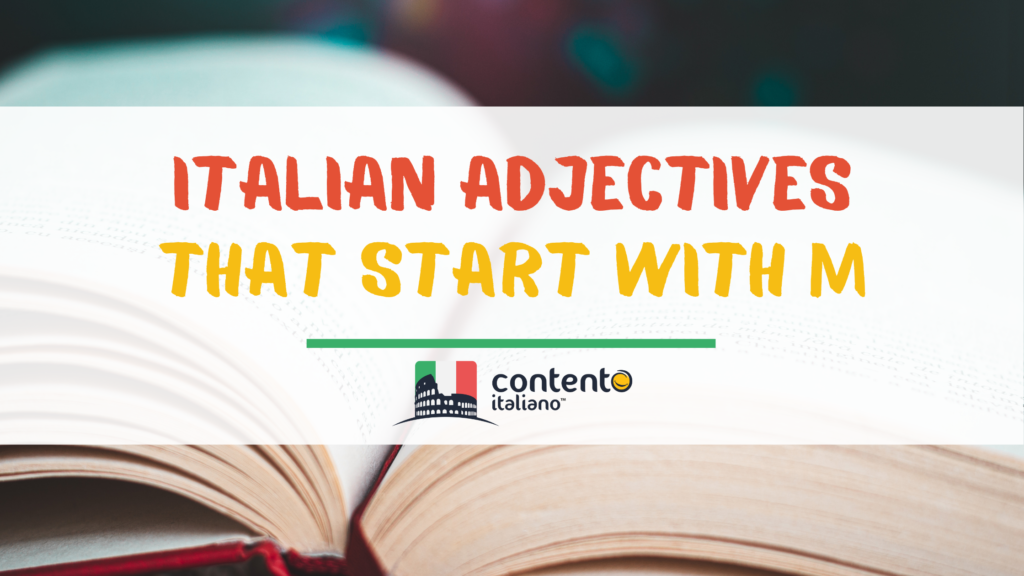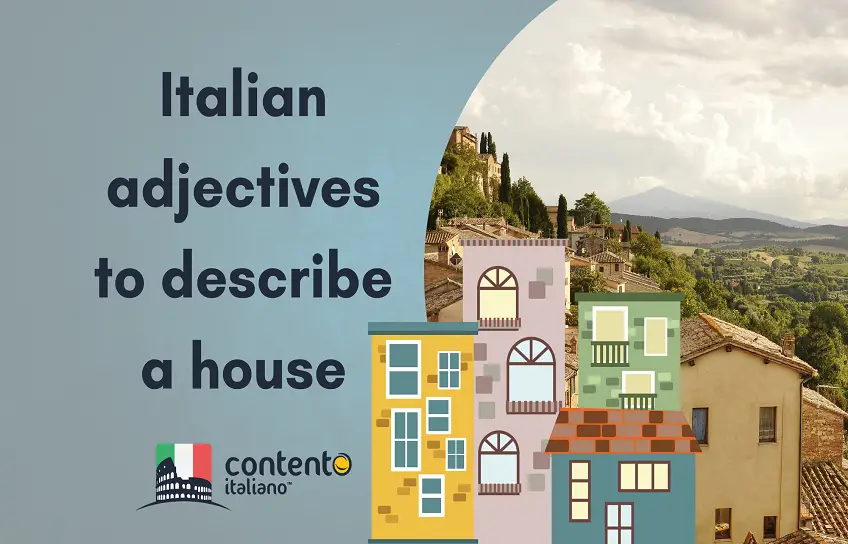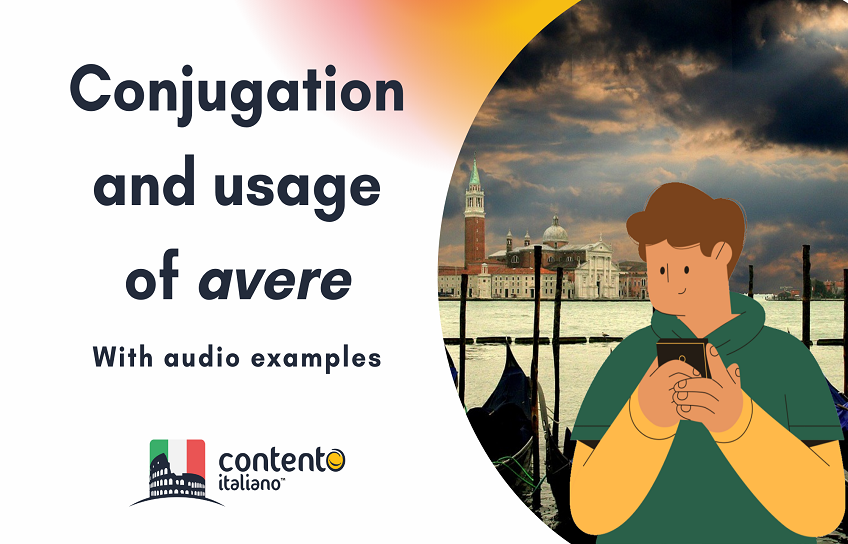Just How Difficult Is Italian Grammar?
If you are considering learning Italian, you may have asked yourself if Italian grammar is difficult. Many native English speakers or, in general, those who have not had much experience of Romance languages, find the Italian grammar baffling and intimidating, and feel that it has too many rules. Italian grammar can be complex and challenging, […]
Just How Difficult Is Italian Grammar? Read More »







